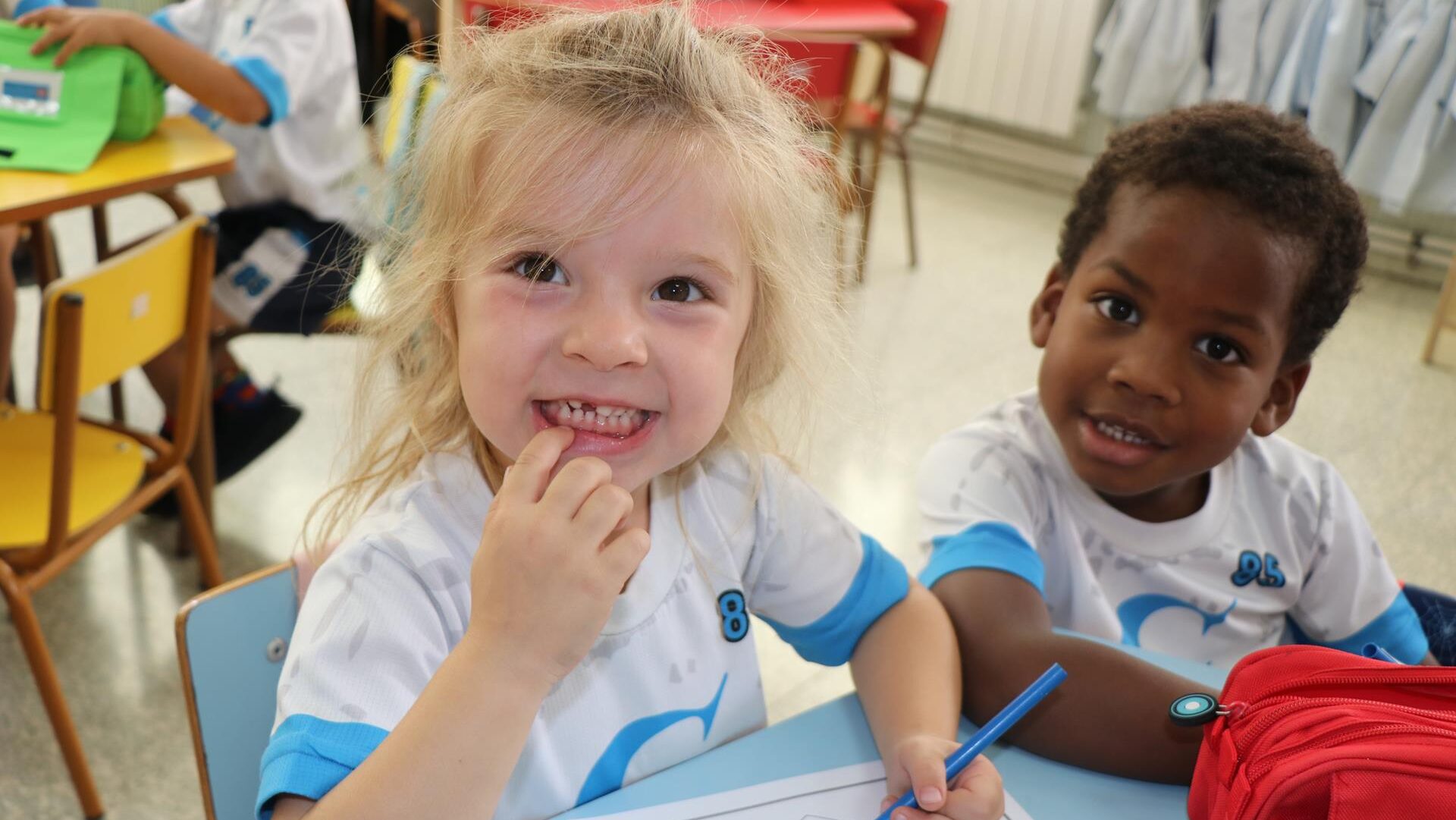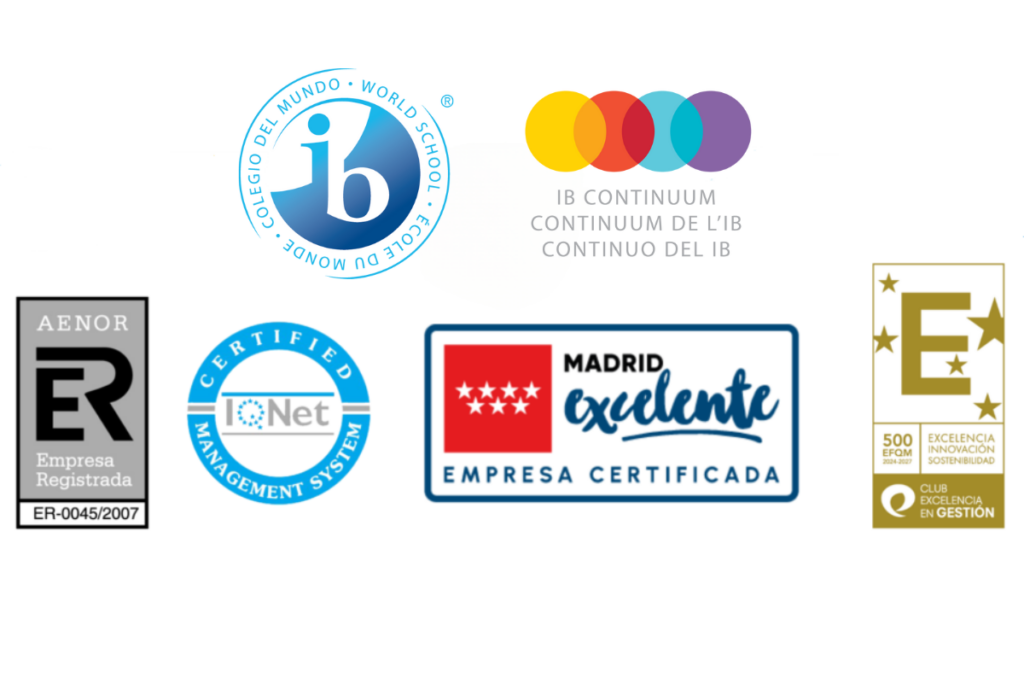In an increasingly interconnected world, globalisation has broken down borders and created an unprecedented network of communication and trade. However, this globalisation has also highlighted the cultural diversity that exists on our planet. From traditions and customs to languages and beliefs, our society is a vibrant mosaic of interwoven cultures.
In this context, intercultural education emerges as a crucial element in navigating this globalised world. It is not only about learning about other cultures, but also about deeply understanding their values, perspectives and ways of life. Intercultural education not only enriches our minds, but also prepares us for harmonious and respectful coexistence in a multicultural environment.
Thus, in the following sections, we will explore why intercultural education is more than a necessity. It is a powerful tool for building bridges between people, breaking down barriers and forging a more caring and united future.
WHAT IS INTERCULTURAL EDUCATION?
Intercultural education is a pedagogical approach that transcends the boundaries of the classroom and goes to the very heart of human coexistence. It encompasses much more than the simple transmission of knowledge. It is a dynamic and transformative process that invites us to explore, understand and value the multiple cultures that coexist in our globalised world.
DEFINITION OF INTERCULTURAL EDUCATION
Intercultural education is not just about learning about other cultures; it goes beyond that. It is a journey towards empathy, open-mindedness and acceptance of diversity. At its core, it implies:
1. Deep understanding
It is not just a matter of superficial knowledge of the customs or traditions of other cultural groups. Intercultural education invites us to immerse ourselves in their histories, values and ways of life. It is a bridge to mutual understanding.
2. Dialogue and communication
Intercultural education promotes dialogue between people from different backgrounds. It teaches us to listen carefully. To ask questions without prejudice and to find common ground even in the midst of our differences.
3. Reflection on one's own culture
To understand others, we must first reflect on our own culture. What beliefs guide us? How do we perceive the world? Intercultural education challenges us to question our own perspectives.
RELATION TO CULTURAL DIVERSITY AND INCLUSION
Cultural diversity is a treasure that enriches our human experience. Intercultural education recognises this and seeks to:
Valuing differences
It is not just a matter of tolerating them, but of appreciating them. Each culture brings something unique to the global tapestry. From gastronomy to music, every cultural expression deserves to be celebrated.
2. Genuine inclusion
Intercultural education is not satisfied with empty seats in the classroom. It seeks to make each individual feel an active part of the educational community. It is a call to break down barriers and build bridges.
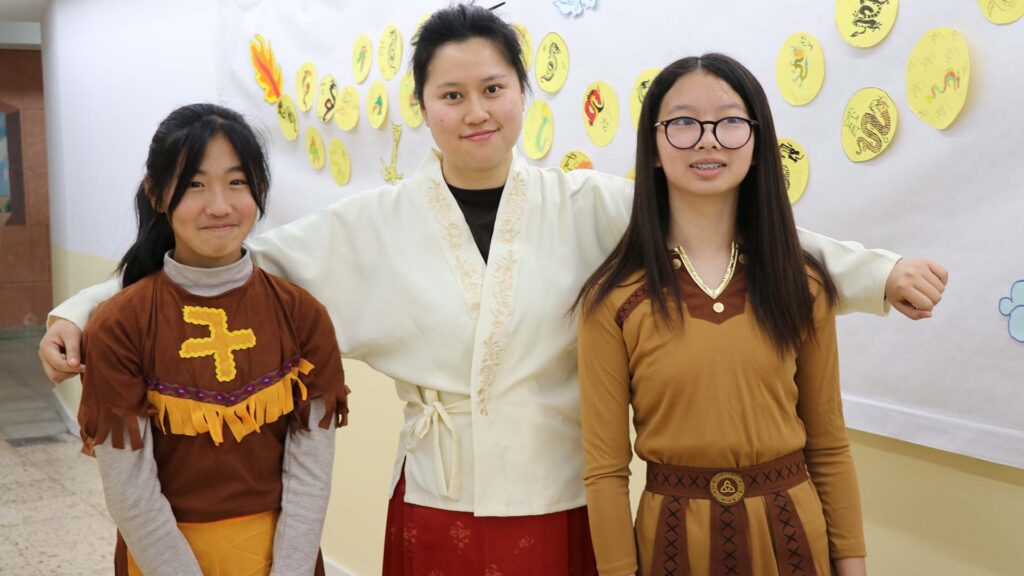
INTERCULTURAL DAY
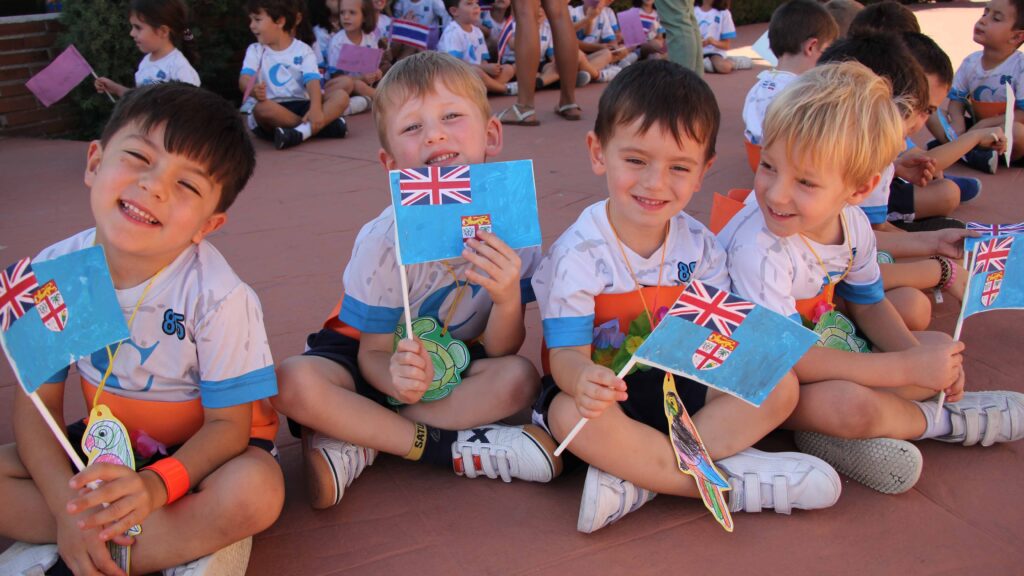
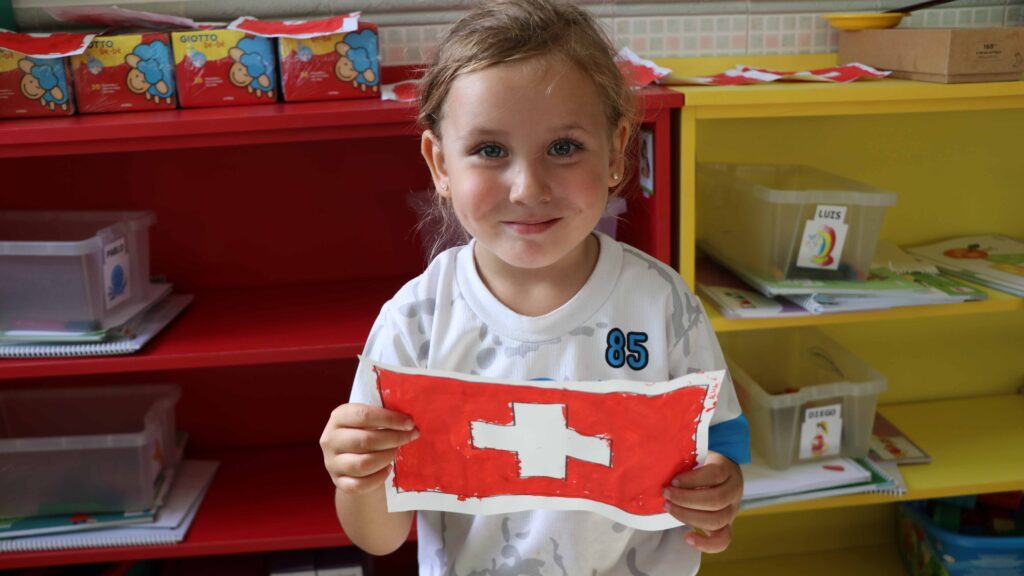
SIGNIFICANCE AND RELEVANCE OF THIS DATE
The Interculturalities Day is an occasion to reflect on the importance of cultural diversity and peaceful coexistence. Some key aspects are:
- Cultural richness: This date reminds us of the immense richness of the world’s cultures. Every tradition, language and custom contributes to the diversity that defines us as human beings.
- Intercultural dialogue: Mutual understanding and dialogue between different cultures are essential to achieve peace and sustainable development. Intercultural Day invites us to promote this constructive dialogue…
CLAIMING CULTURAL RICHNESS
Cultural diversity is not an obstacle, but a source of enrichment. Each culture brings unique perspectives, ancestral knowledge and valuable ways of life.
In claiming cultural richness, we recognise that all cultures deserve respect and admiration. There is no “normal” culture; they are all valuable.
OVERCOMING THE CHALLENGES OF DIVERSITY
Intercultural education is a path towards mutual understanding, peace and the construction of a more cohesive and just society. It faces challenges that we must address in order to foster harmonious coexistence between people of different cultures. In the following, we will explore how the lack of intercultural education affects our society:
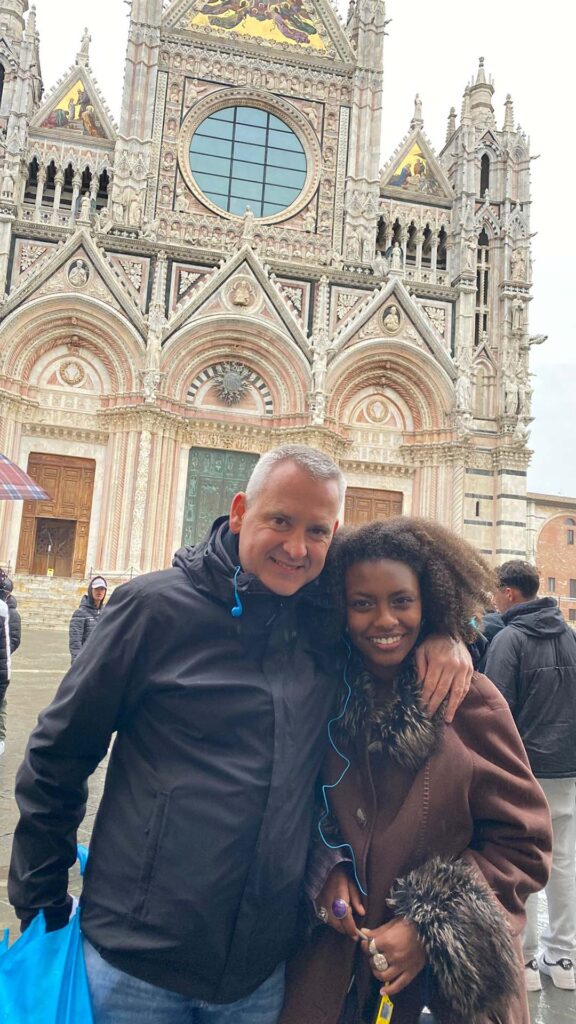
LACK OF EFFECTIVE COMMUNICATION
The absence of intercultural skills makes communication between individuals from different cultures difficult. Without a thorough understanding of linguistic, gestural and contextual differences, misunderstandings and barriers to interaction can arise. Intercultural education provides us with the tools to overcome these obstacles and establish a respectful and constructive dialogue.
PREJUDICES AND STEREOTYPES
Without intercultural education, prejudices and stereotypes may prevail. These preconceptions affect our perceptions of and relationships with people from different backgrounds. Intercultural education invites us to question these stereotypes and to recognise the richness that each culture brings. Only in this way can we build bridges of understanding and appreciation.
CONFLICTS AND MISUNDERSTANDINGS
Lack of cultural understanding can lead to conflicts and misunderstandings in educational and work environments. From misinterpretations to clashes of values, a lack of intercultural education can affect collaboration and productivity. Intercultural training helps us to resolve these tensions and build more harmonious relationships.
“Education helps us to be deeply aware that we are united as citizens of the global community, and that our challenges are interconnected”.
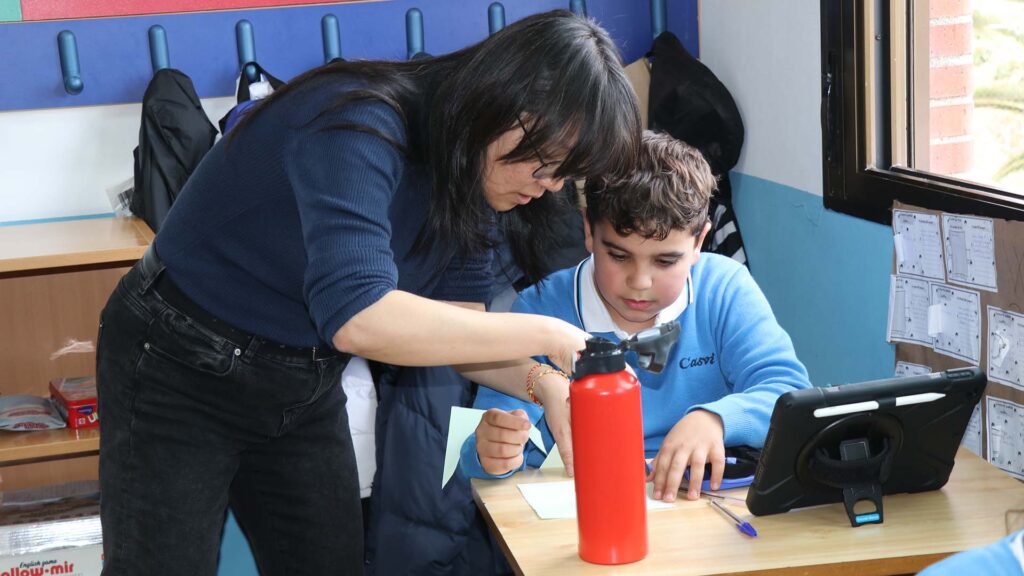
BRINGING ABOUT CHANGE TOWARDS INTERCULTURAL EDUCATION
AWARENESS-RAISING: RAISING AWARENESS OF THE IMPORTANCE OF INTERCULTURAL EDUCATION
In an increasingly globalised world, intercultural education is emerging as an imperative. It is not only about learning about other cultures, but also about deeply understanding their values, perspectives and ways of life. The lack of intercultural education has significant consequences on society, and it is crucial to address this problem as a matter of urgency.
1. Revealing statistics
In Spain, several studies have shown that there is still no effective Intercultural Education. Although the situation has improved in recent years, it is essential to continue working in this area.
In Latin America, experts and rectors of intercultural and indigenous higher education institutions have shared the challenges they face. Interculturality is key to building bridges of understanding and appreciation between diverse cultures.
In Guatemala, the Ministry of Public Health and Social Assistance has developed a methodology for intercultural dialogues in health, recognising the importance of culturally relevant health care.
2. Expert views on intercultural education
Researcher Martine Abdallah-Pretceille stresses the need for respectful and constructive dialogue between different communities. Intercultural education goes beyond the classroom, permeating all aspects of life.
“Intercultural and indigenous higher education institutions emerge as an opportunity to rethink higher education in the face of the challenges of our societies”.
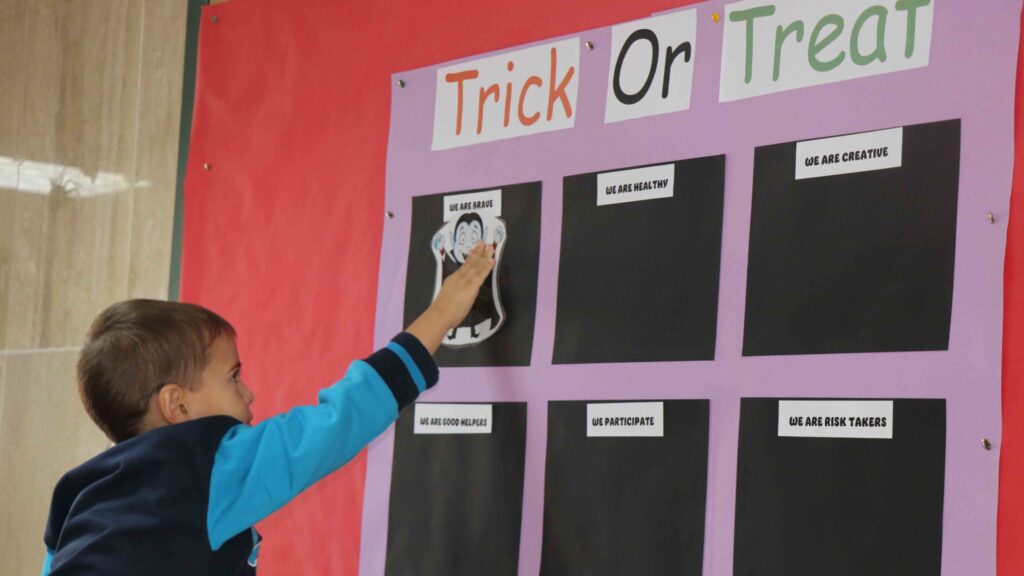
TEACHER TRAINING: TRAINING IN INTERCULTURAL STRATEGIES
Teachers should receive specific training in intercultural strategies. This includes understanding and respecting cultural differences, adapting teaching methods and creating an environment where everyone’s experiences are valued and respected.
CURRICULAR INCLUSION: INTEGRATING CULTURAL PERSPECTIVES INTO THE SCHOOL CURRICULUM
Public policies should promote the inclusion of intercultural content in the school curriculum. This means recognising and valuing indigenous knowledge and ensuring that all voices are heard.
SOLUTIONS: TOWARDS REAL INTERCULTURAL EDUCATION
Intercultural education is a crucial issue in a world that invites us to explore in depth how we can address the challenges and opportunities that arise from merging different cultures and perspectives in education. We must not only aim for an education that simply coexists with cultural diversity, but must also be genuinely intercultural. This means that we must go beyond mere tolerance and recognition of cultural differences. Instead, we must encourage active dialogue, mutual respect and deep understanding between people from different backgrounds.
EXCHANGE PROGRAMMES
They allow you to immerse yourself in other cultures. From school exchanges to stays abroad, these experiences broaden horizons and break down prejudices. Living with families from different backgrounds and participating in local activities enriches intercultural understanding.
OPEN DIALOGUES
Spaces for dialogue are essential. In classrooms, in the community and on social media, we must promote open conversations about diversity. Listening to other people's voices and sharing our own experiences with others undoubtedly contributes to building cultural bridges.
PROMOTION OF VALUES
Intercultural education is not only about knowledge, but also about very concrete values. We are talking about tolerance, respect and empathy. All of them are fundamental. In this way, teachers should incorporate these values into their daily teaching, modelling inclusive behaviours.
INTEGRATING CULTURAL PERSPECTIVES INTO THE SCHOOL CURRICULUM
1. RECOGNISING CULTURAL RICHNESS
The curriculum should include content that celebrates diversity. Literature, history, art and music from different cultures enrich the educational experience.
Students should learn about the contributions of all civilisations, from ancient to contemporary.
2. VALUES EDUCATION
Intercultural education is not only limited to academic subjects. The values of respect, equality and justice should permeate all areas of the curriculum.
In this way, teachers can use real-life examples to teach these values in diverse cultural contexts.
3. THE FUTURE OF INTERCULTURAL EDUCATION
Intercultural education is not only a necessity, but also an opportunity. In a world where borders are fading and connections are multiplying, we must build bridges between cultures. From the classroom to public policy, we all have a role to play in this mission. Intercultural education not only prepares us for the present, but also for a more understanding and united future.
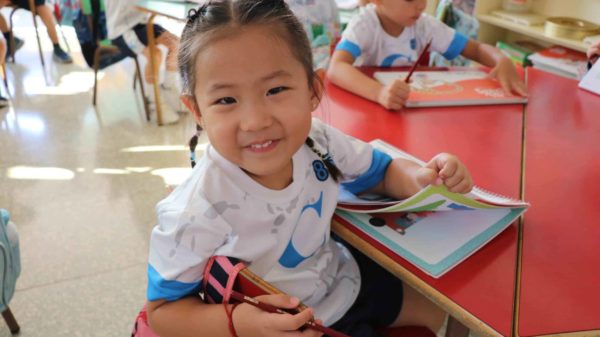
INTEGRATING CULTURAL PERSPECTIVES INTO THE SCHOOL CURRICULUM
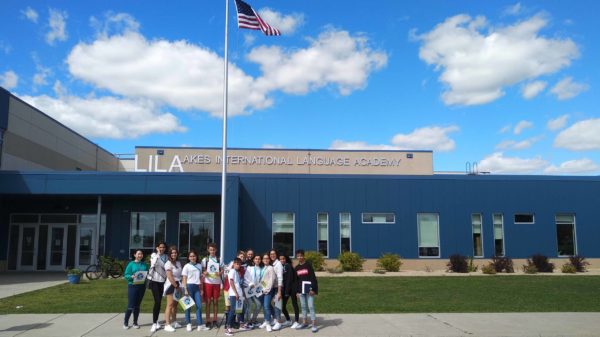
PERSONAL ENRICHMENT: DEVELOPING CULTURAL COMPETENCE
Intercultural education is not only about acquiring knowledge about other cultures, but also about immersing oneself in them. Students develop strong cultural competence by understanding the differences, similarities and complexities of various forms of life. This personal enrichment goes beyond the classroom and is reflected in the way individuals interact with the world. Open-mindedness and empathy are essential skills that are cultivated through intercultural education.
1. Exploring new perspectives
Intercultural education invites us to see the world from different angles. By learning about the traditions, beliefs and customs of other cultures, we broaden our vision and enrich our human experience. Travel, cultural exchanges and reading diverse literature are powerful tools for exploring new perspectives.
2. Development of empathy
Empathy is the ability to put oneself in the other person’s shoes. Intercultural education challenges us to understand the joys, challenges and struggles of people from different backgrounds. By cultivating empathy, we become more aware and compassionate global citizens.
PEACEFUL COEXISTENCE: PROMOTING HARMONY AND CONFLICT RESOLUTION
PEACEFUL COEXISTENCE: PROMOTING HARMONY AND CONFLICT RESOLUTION Intercultural education seeks to promote peaceful coexistence by:
1. Encourage mutual respect
By understanding different cultural perspectives, individuals learn to respect the beliefs and practices of others. Moreover, mutual respect is essential for harmonious coexistence in diverse communities.
2. Provide tools for conflict resolution
Effective communication and negotiation are key skills to be taught in an intercultural environment. Students, on the other hand, learn to deal with disagreements with empathy and to seek constructive solutions.
COMBATING RACISM: FIGHTING DISCRIMINATION
Intercultural education is an antidote to racism and discrimination. By learning about and appreciating diverse cultures, stereotypes are challenged and barriers that perpetuate intolerance are broken down.
Intercultural education connects us with movements and organisations fighting against discrimination. From awareness-raising campaigns to community projects, we can come together to create a fairer and more equitable world.
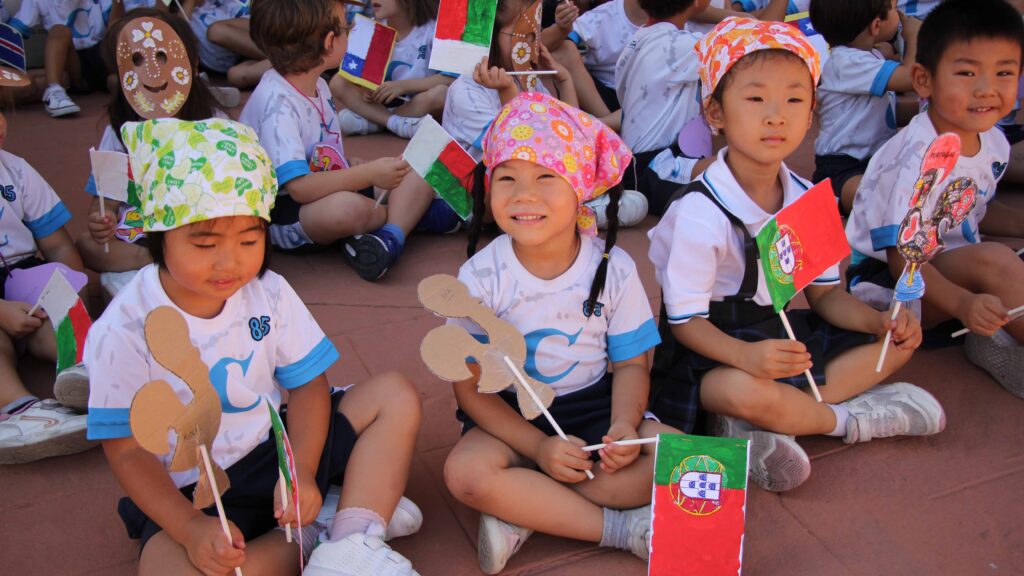
casvi villaviciosa as an example of intercultural education
Thanks to the internet, technological advances and emigration, today’s society has become a place where different cultures, traditions and languages converge… An international environment that schools begin to experience from an early age.
Therefore, in order to turn these differences into something enriching, Eurocolegio Casvi International School promotes interculturalism in the classroom. This is fundamental if we take into account that, thanks to it, diversity, inclusivity, respect for people and their freedom of thought are more highly valued.
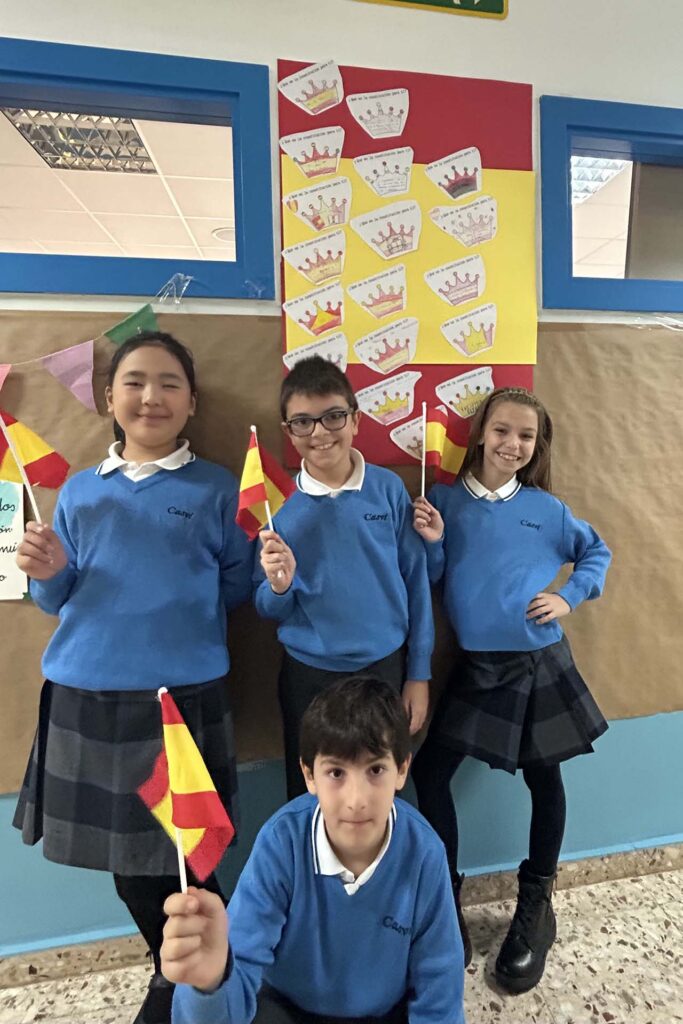
BENEFITS OF INTERCULTURALITY IN CASVI VILLAVICIOSA
Schools such as Eurocolegio Casvi International Private School are the ideal place to promote global competence among pupils, enabling them to examine, understand and appreciate other people’s perspectives and worldviews and to act for the collective good. In other words, concrete actions that aim to develop skills, knowledge and aptitudes with great benefits for all:
1. In pupils
Promoting intercultural education in the classroom enables students to acquire the skills and understanding necessary to take advantage of the opportunities that diversity presents. The development of empathy; sensitivity to their needs; the development of flexibility as a key skill to adapt to changing environments… In this way, students will understand differences and work with them to create healthier and more inclusive learning environments. They will also be prepared to interact in a global and diverse world.
2. In teachers
In order to provide intercultural education in the classroom, teachers must be prepared for this challenge. And Casvi’s teachers are. For this reason, their global competences and international education have been fostered, with the understanding that their behaviour must be tolerant, empathetic, respectful, understanding and free of prejudices.
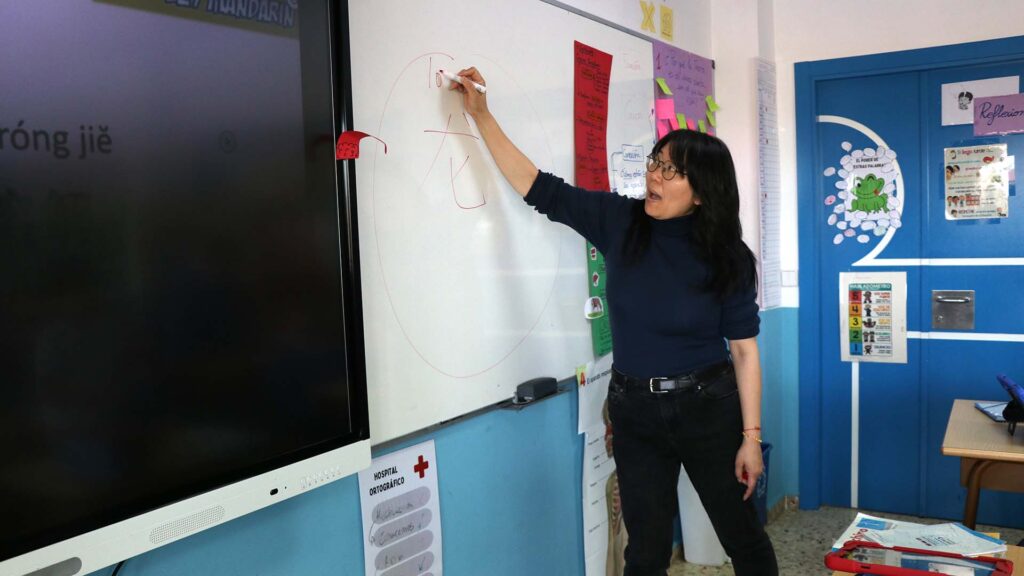
3. In the Educational Community
Thanks to the collaborative work between teachers and students, in pursuit of interculturalism in the classroom, Casvi has become a school with a spirit of cooperation, enriched by these experiences and open to transfer them to the outside world for the benefit of others.
IB METHODOLOGY FOR INTERCULTURALITY IN THE CLASSROOM
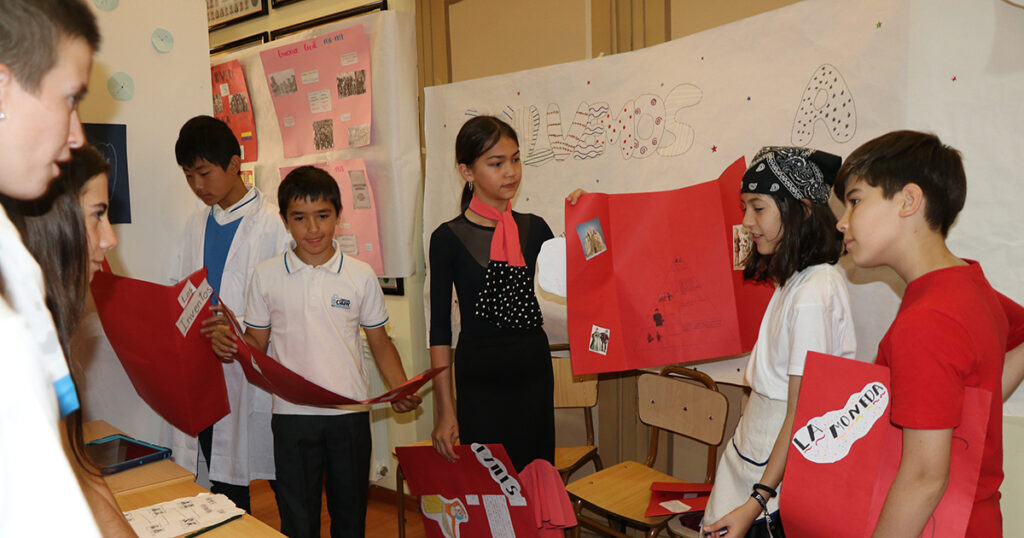
Intercultural education is a fundamental element of the IB’s mission, which aims to develop caring, knowledgeable and informed young people, capable of contributing to a better and more peaceful world, within a framework of mutual understanding and intercultural respect. An IB methodology that encourages all pupils to adopt an active attitude to lifelong learning and prioritises the development of critical thinking, an enquiring spirit, intercultural awareness and open-mindedness.
Awareness of international cultures, languages and experiences is a fundamental aspect of IB education at all three stages. PYP (in Pre-school and Primary Education),MYP and DP. The three International Baccalaureate Programmes are implemented in Casvi Villaviciosa.
“Our mission is to promote intercultural understanding and respect as an essential aspect of life in the 21st century. And this has a lot to do with the methodology of the International Baccalaureate, with the three programmes (PYP, MYP and DP) that we have implemented in Casvi”.
STRATEGIES FOR THE IMPLEMENTATION OF INTERCULTURAL EDUCATION IN CASVI'S CLASSROOMS
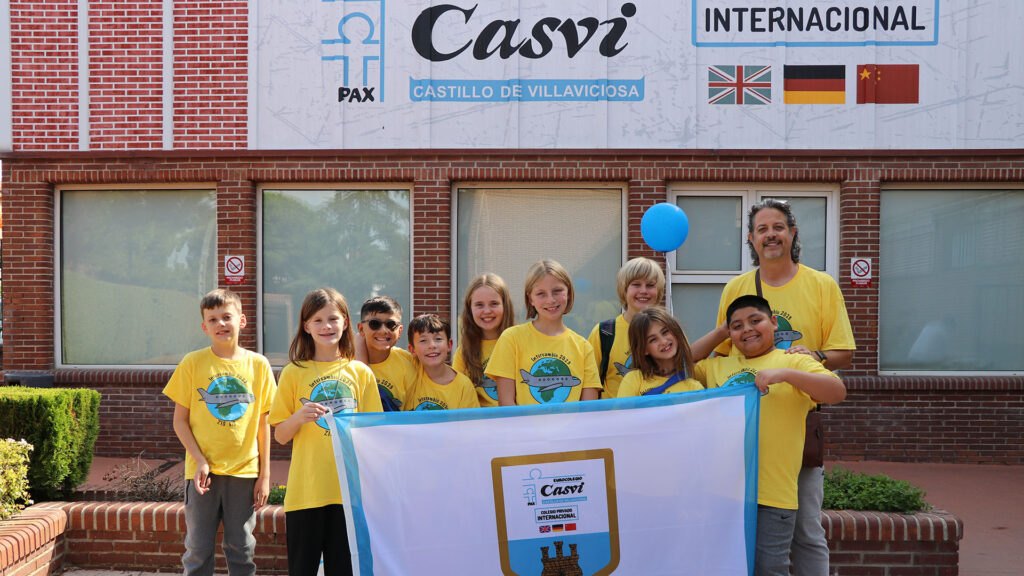
At Eurocolegio Casvi International Private School, intercultural education is achieved thanks to:
- Its international curriculum is based on the IB methodology, which is worked on from the age of three with the International Baccalaureate Continuum of Programmes.
- The promotion of multilingualism, the most effective tool for overcoming cultural barriers. In Casvi three foreign languages are taught as compulsory subjects: English from the first year of life, and German and Chinese from 5th Primary. Also Spanish for international students.
- A complete Language Exchange Programme organised without any intermediary agency, through direct contact with schools all over the world (USA, Germany, Canada…)
- A clear commitment to service learning. A programme that helps them to develop their students’ empathy and leads them to a critical and analytical awareness.
- And an international faculty and student body, whose interrelationship with the rest has become key to its teaching model.
Ready for a unique educational journey?
Come and meet us and discover how we are building bridges between cultures at Casvi International School Villaviciosa. We are waiting for you with open arms!

